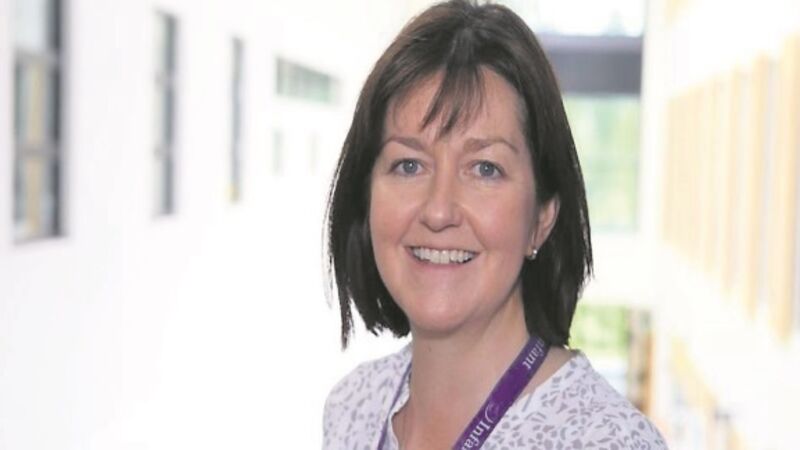One in six expectant mothers deficient in vitamin D

That is according to researchers at University College Cork (UCC) whose survey of 1,786 pregnant women attending Cork University Maternity Hospital found 17% had a vitamin D deficiency.
The study, designed to explore whether there was a connection between vitamin D status in early pregnancy and any major pregnancy complications, found 17% of the pregnant women were at high risk of vitamin D deficiency, compared with 12% of non-pregnant women of the same age. It reported a lower risk of pregnancy complications among women with high vitamin D status.













